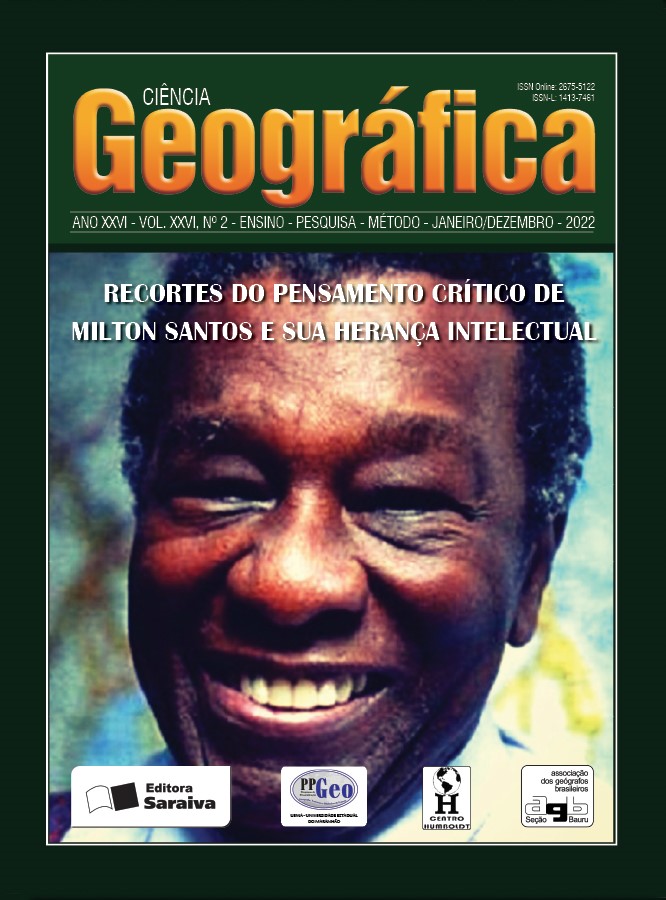THE 9 LIVES OF THE US EMPIRE (UNITED STATES: DECADENT HEGEMONY?)
Keywords:
Imperialism. Neoliberalism. Globalization and deglobalization.Abstract
The decline of US imperialism between 1983 and 2013 changed the analysis of neoliberal globalitarianism. The theory of imperialism explains the global
polarization of income by the systematic transfer of resources from peripheral countries to capitalists in the center. In 2020, the territorial configuration built by the neoliberal economic model of globalization, which has been hegemonic for the last 40 years under the command of the global financial sector, may have come to an end. This model of “relocation” of production and reallocation of business processes from one country to another has enabled a new dynamic for the growth of the production of goods and services and of world trade, with criteria exclusively determined by factors of exploitation, use of
the geographic territory, exclusively anchored in the profit paradigm and conditions of international material competitiveness of products (goods and services) and companies, that is, has the functioning of capitalism as we know it come to an end?


